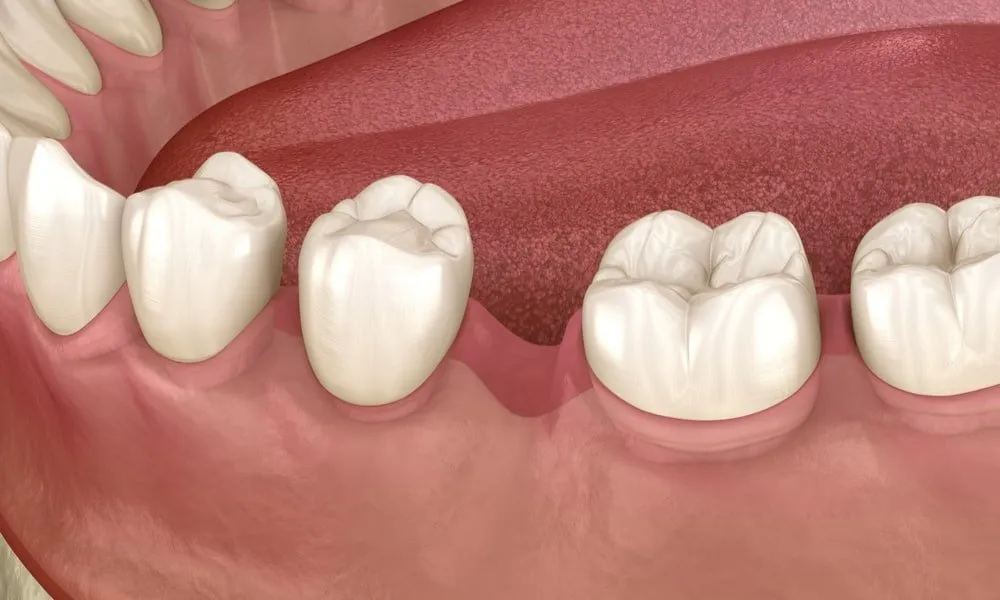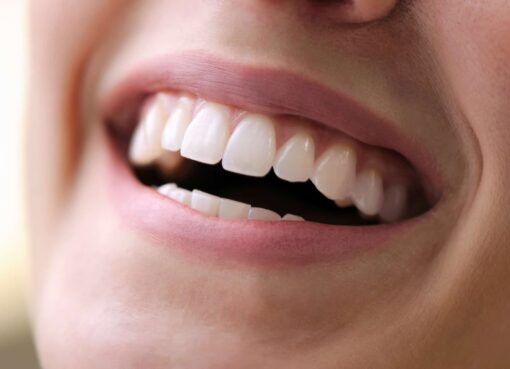If you’ve ever felt self-conscious about a chipped, cracked, or misaligned tooth, you’re not alone. Many people face dental imperfections, which can affect their confidence and overall appearance. Fortunately, there’s a solution that might just be what you’re looking for: composite veneers. But can they really fix your dental woes? Let’s dive in and explore the benefits and possibilities of composite veneers.
What Are Composite Veneers?
Composite veneers are thin shells made from a tooth-colored resin that are bonded to the front of your teeth. They can be used to enhance the appearance of your smile by correcting various dental issues. Think of them as a fresh coat of paint for your teeth helping to cover imperfections and give you a more polished look.
How Do Composite Veneers Work?
The process is relatively straightforward. Your dentist will first assess your teeth to determine if composite veneers are right for you. After preparing your teeth, a special resin material is applied, sculpted, and then hardened with a light. This method allows for custom shaping, meaning your smile will be uniquely yours.
Benefits of Composite Veneers
Why should you consider composite veneers? Here are some of their notable benefits:
- Aesthetic Appeal: They can dramatically improve your smile.
- Minimal Tooth Reduction: Less enamel is removed compared to other options like porcelain veneers.
- Quick Procedure: Often completed in a single visit.
- Cost-Effective: Generally less expensive than other cosmetic options.
Can They Fix Chipped Teeth?
Absolutely! If you have a chipped tooth, composite veneers can effectively restore its shape and appearance. The resin material is carefully molded over the chip, making it almost indistinguishable from your natural teeth. It’s like patching up a tiny hole in your wall—only this time, it’s for your smile!
Repairing Cracked Teeth with Composite Veneers
Cracked teeth can be more than just a cosmetic issue; they may cause discomfort or lead to further damage. Composite veneers can cover these cracks, providing support and stability. Your dentist will ensure the veneer fits snugly over the crack, allowing you to eat and speak without worry.
Misaligned Teeth: Can Composite Veneers Help?
While composite veneers are not a replacement for orthodontic treatments like braces, they can help improve the appearance of slightly misaligned teeth. Think of them as a temporary fix—like a band-aid on a small cut—offering a straighter look while you explore other options for a more permanent solution.
The Procedure: What to Expect
Curious about the process? Here’s a quick rundown of what happens during your visit:
- Consultation: Discuss your goals with your dentist.
- Preparation: Your teeth are prepared and shaped for the veneers.
- Application: The resin is applied and shaped.
- Curing: A special light hardens the resin.
- Polishing: The veneers are polished for a natural finish.
Aftercare for Composite Veneers
Taking care of your composite veneers is essential for longevity. Here are some tips:
- Maintain Oral Hygiene: Brush and floss regularly.
- Avoid Staining Foods: Limit coffee, tea, and red wine.
- Regular Dental Check-ups: Keep up with your dentist visits to monitor the condition of your veneers.
Common Concerns and Misconceptions
Many people have questions about composite veneers. Here are a few common concerns:
- Will they stain? Yes, composite veneers can stain over time, so good oral hygiene is key.
- Are they durable? While durable, they may not be as strong as porcelain veneers, especially for heavy biting forces.
How Long Do Composite Veneers Last?
With proper care, composite veneers can last anywhere from 5 to 10 years. However, this can vary based on factors like oral hygiene and wear and tear.
Alternatives to Composite Veneers
If composite veneers aren’t the right fit for you, there are alternatives to consider, such as:
- Porcelain Veneers: More durable but more expensive.
- Bonding: A less extensive procedure for minor chips or cracks.
- Orthodontics: For more significant misalignment issues.
Choosing the Right Dentist
Not all dentists offer the same level of expertise with composite veneers. Researching and choosing a qualified dentist can make a significant difference in your results. Look for reviews and before-and-after photos to help make your decision.
FAQs
- Can composite veneers be removed easily?
Yes, composite veneers can be removed by a dentist, typically without damage to the underlying tooth.
- How do I know if composite veneers are right for me?
A consultation with your dentist can help determine if they’re a suitable option based on your dental condition.
- Will my insurance cover composite veneers?
Coverage varies by plan, so it’s best to check with your insurance provider.
- Can I whiten my composite veneers?
Whitening products may not work on veneers; it’s best to ask your dentist for advice.
- Are there any risks associated with composite veneers?
As with any dental procedure, there can be risks, but complications are rare when performed by a qualified professional.
Conclusion
In summary, composite veneers can be an effective solution for fixing chipped, cracked, or misaligned teeth. They offer a quick, affordable way to enhance your smile, providing both cosmetic benefits and improved dental health. If you’re considering this option, consult with a qualified dentist to discuss how composite veneers can work for you.





